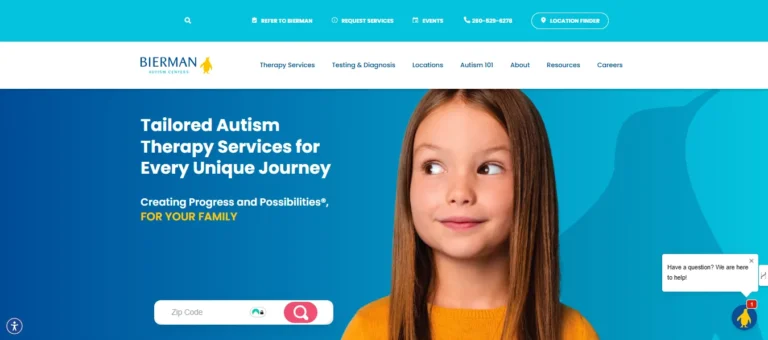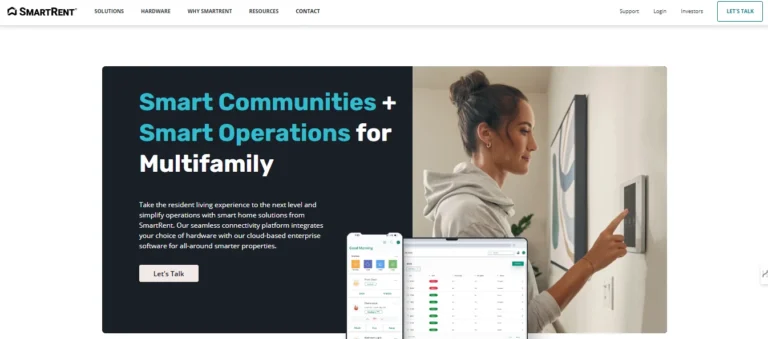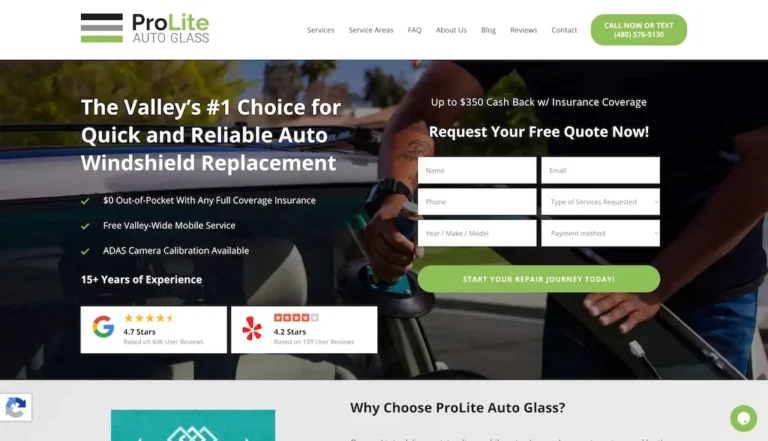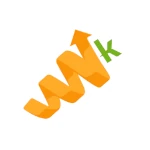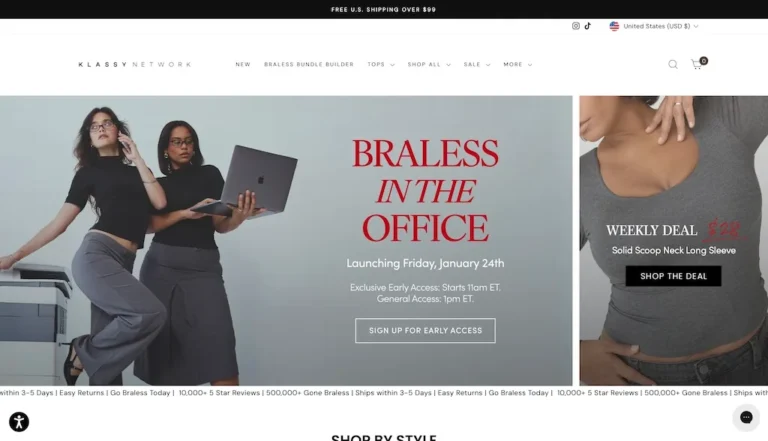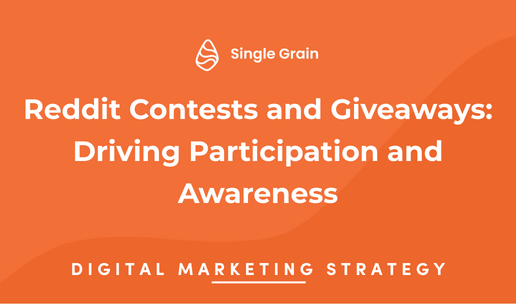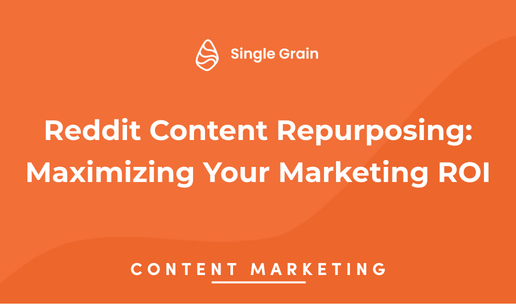Boulder businesses should prioritize metrics that align with the unique characteristics of our local market. Beyond standard KPIs like ROAS and CPA, we recommend Boulder-specific measurement approaches: First, track 'sustainability engagement metrics' for campaigns highlighting eco-friendly practices, as Boulder consumers show 28% higher engagement with environmentally-conscious messaging. Second, implement enhanced local conversion tracking that distinguishes between Boulder proper, Denver commuters, and university-affiliated traffic, as conversion behaviors differ significantly among these segments. Third, measure mobile conversion rates separately, as Boulder's active population shows 35% higher mobile usage than national averages. For B2B companies targeting Boulder's tech ecosystem, we recommend weighted lead scoring that accounts for the high concentration of decision-makers in specific Boulder tech hubs. Additionally, we've found that Boulder businesses benefit from longer attribution windows (often 45-60 days versus the standard 30) due to the deliberate purchasing patterns of the local demographic, particularly for higher-value products and services. Finally, we recommend quarterly competitive positioning analysis, as Boulder's concentrated market means competitive advertising strategies shift rapidly, especially in the natural products and outdoor recreation sectors.



